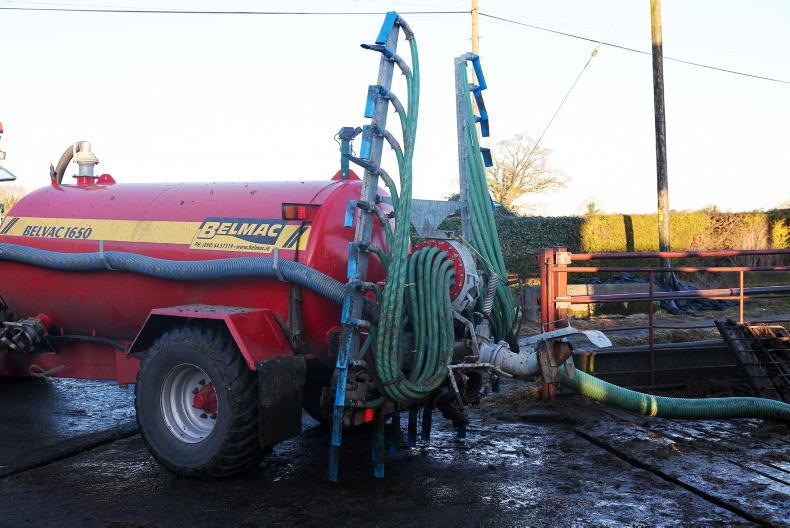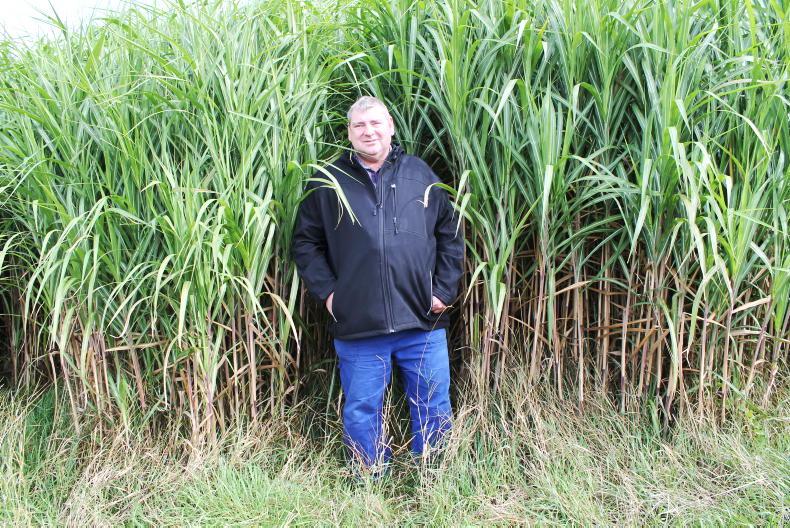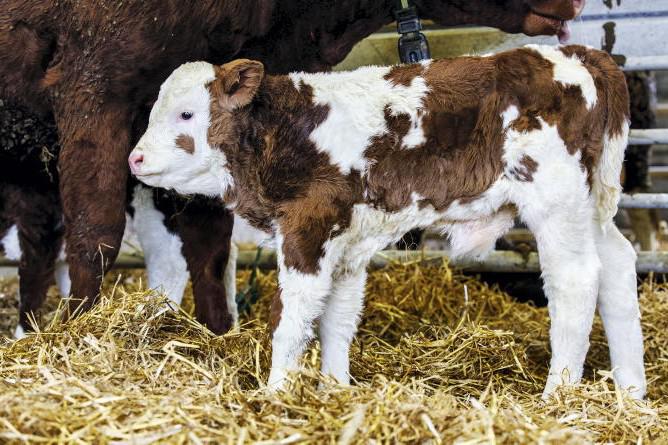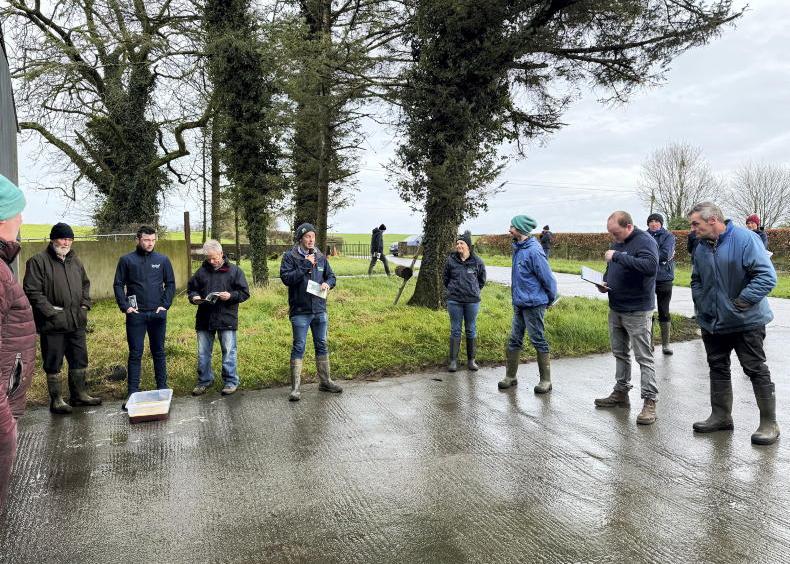Hygiene and scanning: At this week’s lowland sheep conferences, Tim Keady of Teagasc told farmers that hygiene is critical in reducing the risk of disease. He said that newborn lambs are good at absorbing nutrients provided through colostrum but pointed out that this can also lead to issues if hygiene is limited as lambs will also absorb bacteria quickly.
Tim highlighted bedding as a huge reservoir of disease and encouraged farmers to clean and ideally disinfect lambing pens between sheep to cut down on the risk of disease. The other big risk of disease entry is through equipment that has not been adequately cleaned.
He said that stomach tubes, syringes, etc, should be sterilised in a product such as Milton.
He advised later-lambing flockowners, who are currently scanning, to try to take account of both expected lambing date and litter size when grouping ewes post-scanning. This will allow precise feeding programmes to be implemented and eliminate higher supplementation rates being fed where they are not required, particularly in flocks with a wide lambing spread.
Colostrum supplements: An increase in flock prolificacy levels on some farms has put a greater focus on colostrum supplements.
Research carried out in UCD shows that lambs that received ewe colostrum as opposed to a colostrum alternative achieved higher lifetime performance. The reason why colostrum substitutes are selected is obviously due to an inadequate milk yield and therefore this is not always possible.
A happy balance, however, where ewes have a limited supply is ensuring each lamb gets an allocation of ewe colostrum to promote antibody intake and help the development of immunity with the top-up supplied through an alternative colostrum source. Cow colostrum will also work but be careful if getting colostrum from another farm to take account of the disease risk (particular Johne’s disease).
Remember, also, never to thaw frozen colostrum with boiling water as it will kill natural antibodies. If freezing colostrum, freezing it in zip-lock bags or in small containers will facilitate faster defrosting of desired volumes. The same goes for powdered colostrum. Water can be boiled, if desired, but allowed to cool before adding.
Sheep census and welfare scheme: The closing date of returning hardcopy applications of the 2018 sheep scheme is Thursday 31 September meaning applications that are not in the post should now complete the census application online. This can be done through the Department’s Agfood facility before 14 February.
The Department of Agriculture has told the Irish Farmers Journal that late or non-submissions of an applicant’s sheep census is the primary reason for outstanding payments at this stage under the Sheep Welfare Scheme. The total number of applications for year two of the scheme is reported as 20,549 flocks with 892 of these withdrawing from the scheme. This leaves 19,657 applicants with 18,738 of these deemed eligible and 18,607 paid to date. As reported recently, the next payment date for applicants deemed eligible will be in March or April when balancing payments are made. The sheep census is also a vital application for other schemes and should be deemed as a priority task.










SHARING OPTIONS